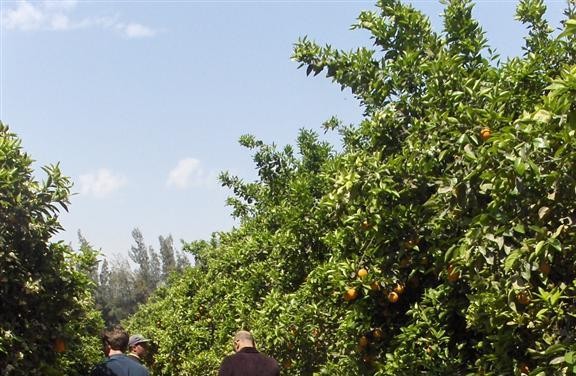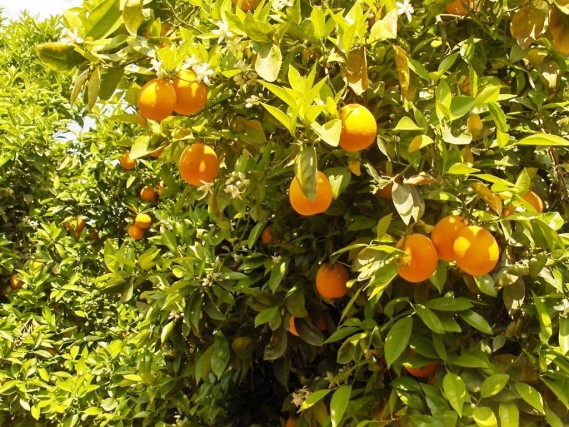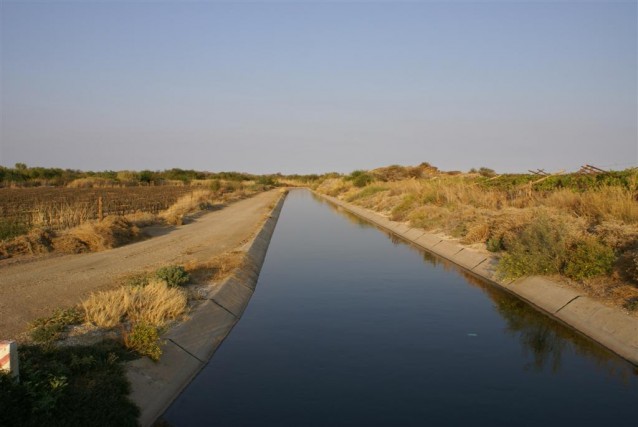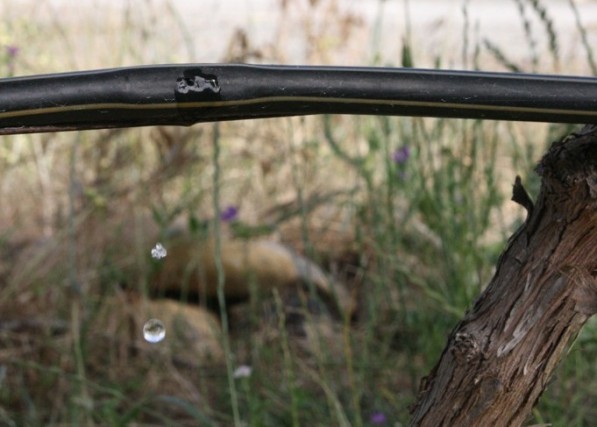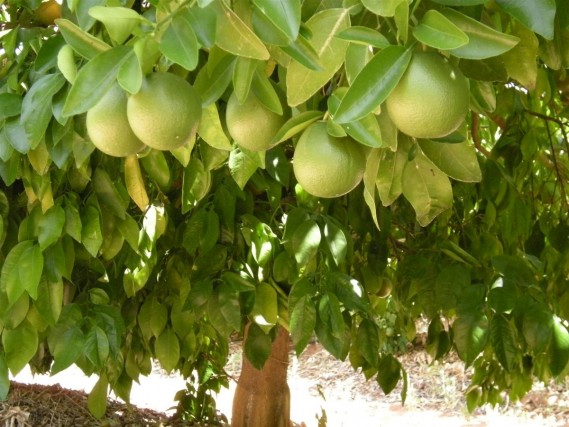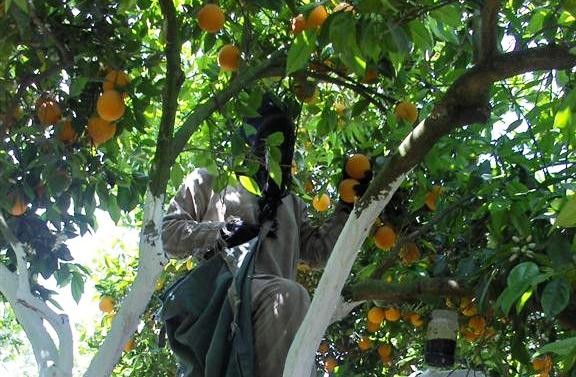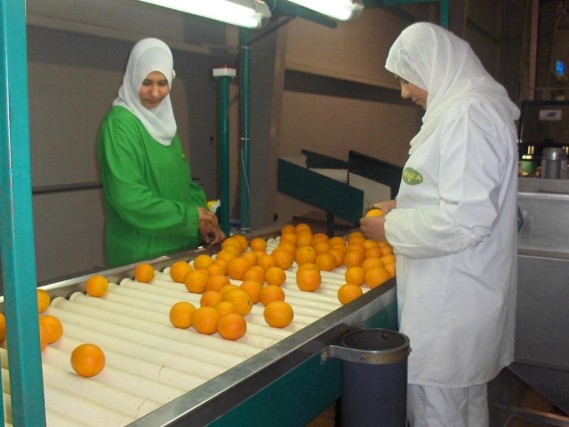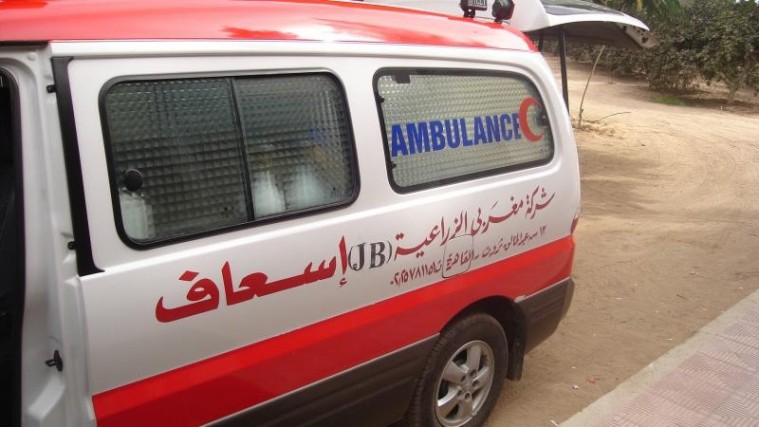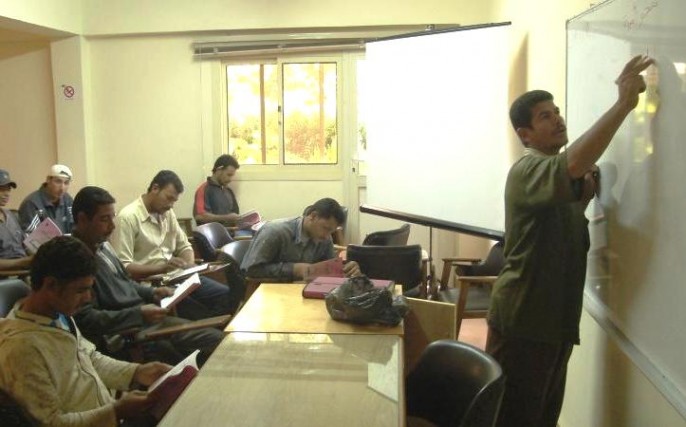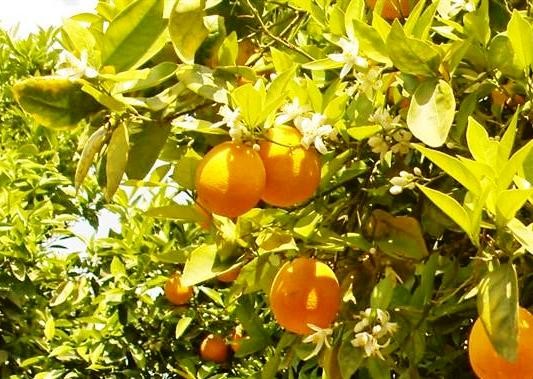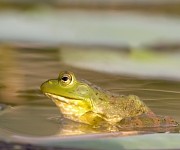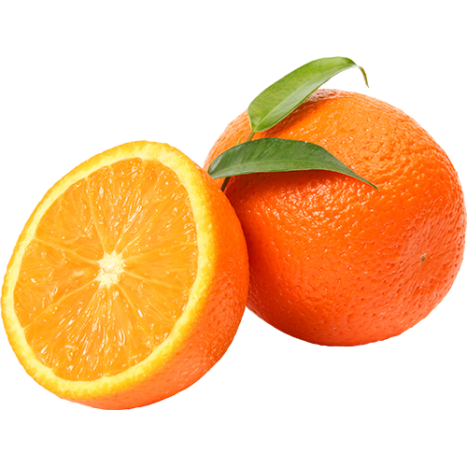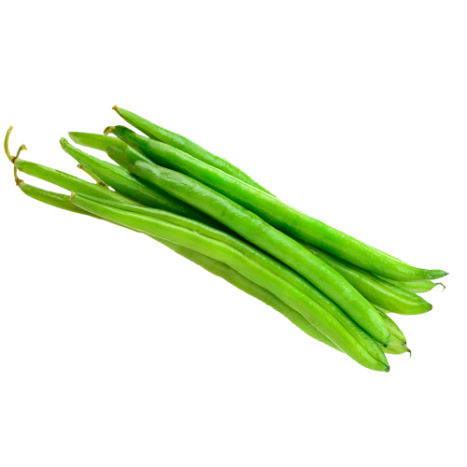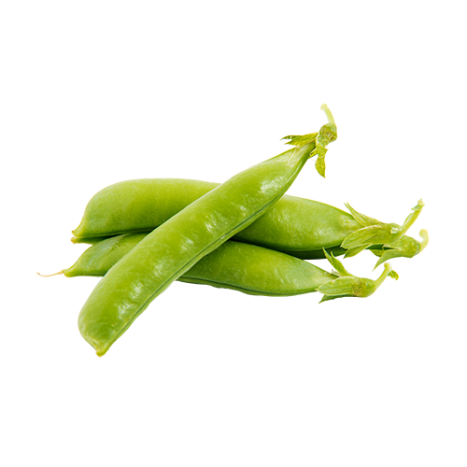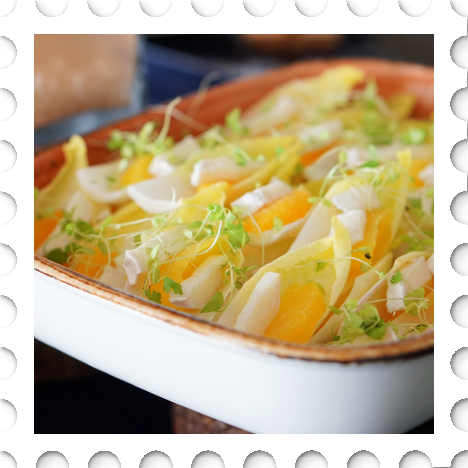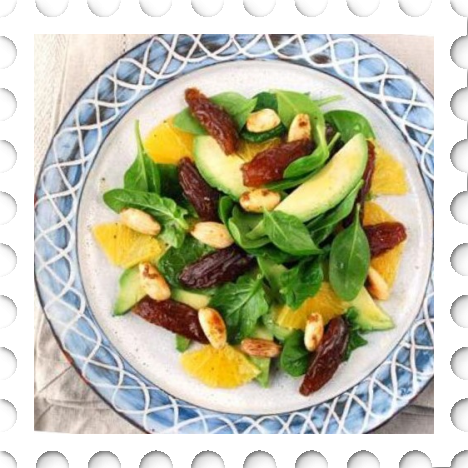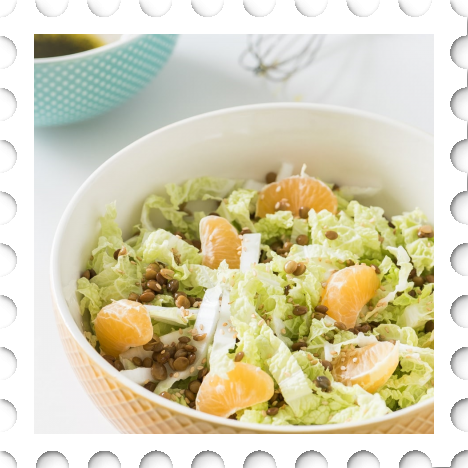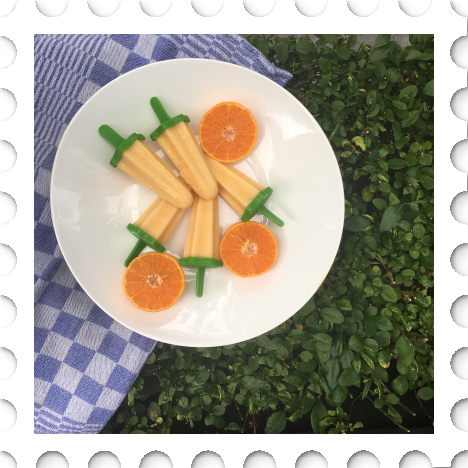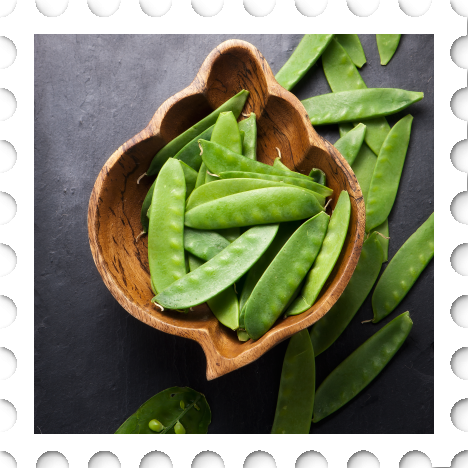To be exact, I am responsible for marketing and business development at MAFA. Although located in Cairo, I am constantly at the organic farms in Noubareya to be close to the fields and the farmers. I think that is important, not only for the planning and operations, but also on a personal level. We have 7 fully certified organic farms.
Our company, MAFA, was established in 1989 in Noubareya, about 80 km from Alexandria. This area used to be desert, but we brought it back to life with irrigation. Apart from citrus fruits we also grow organic lettuce, herbs and grapes. Most of the farms have a compost production unit. Here we recycle organic agricultural waste. It is composted together with cow manure, to provide high quality compost. Composting has huge benefits for the soil, climate and biodiversity!
"We don’t just follow standards, we try to go beyond that"
The history of our company is quite interesting. MAFA Organic is owned by the Egyptian well-known Maghrabi family. In the 80’s, Egypt had a very low food production capacity and imported most of its food; so as a country we had low food security. The Maghrabi family decided to buy land and start farming in Egypt on a large scale. First all our farming was conventional, but from 1999 onwards more and more of our farms changed to sustainable farming.



